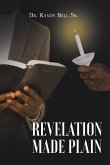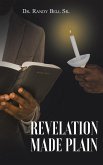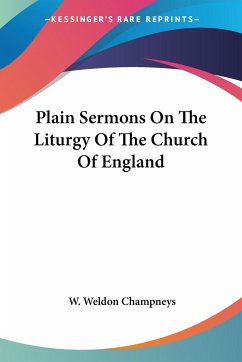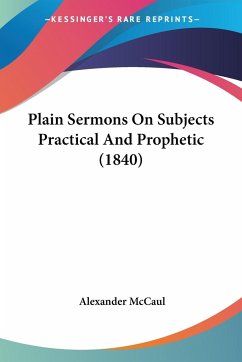The threat of apocalypse is meat for the postmodern world. The possibility that it will happen is a hook for book buyers and moviegoers throughout the Western world. But what is it that happens in "the apocalypse?" The Rev. Albert Krueger challenges the standard view of apocalypse in From the Fords of the Jordan to the Plain of Shinar by seeing the Bible through a different frame of reference, the notion that apocalypse is the leaven, which gives rise to the canon of the Old Testament and the conclusive testimony of the New. He brings the fruit of a lifetime of preaching the Gospel, studying the scriptures, and the practicing the art of philosophical reflection to this radical new approach. Giving credence to both the valid discoveries of modern research and the consistency of the biblical message as a whole, Krueger demonstrates that apocalypse is an idea and an experience as well as an expectation. It is the governing principle of a way of life. Krueger's style of writing is part anecdote, part historical narrative, and part Bible study. During his journey from Ezekiel to Paul, he encourages the reader to ask new and biblically informed questions regarding contemporary Christian assumptions, expectations, and hopes in the world today. These questions emerge through a reformatting of the text, which reveals a fourfold overlay of biblical worlds rather than the standard linear progression from the moment of creation to the advent of doom. While From the Fords of the Jordan to the Plain of Shinar is a stand-alone work, a follow-up work is in the hopper. In this sequel, Krueger intends to consider the apocalyptic idea to be the hidden organizing principle of Western civilization. Just as the question of what "happens" in apocalypse needs to be addressed, so does the question of what "ends" when a world ends.
Hinweis: Dieser Artikel kann nur an eine deutsche Lieferadresse ausgeliefert werden.
Hinweis: Dieser Artikel kann nur an eine deutsche Lieferadresse ausgeliefert werden.








